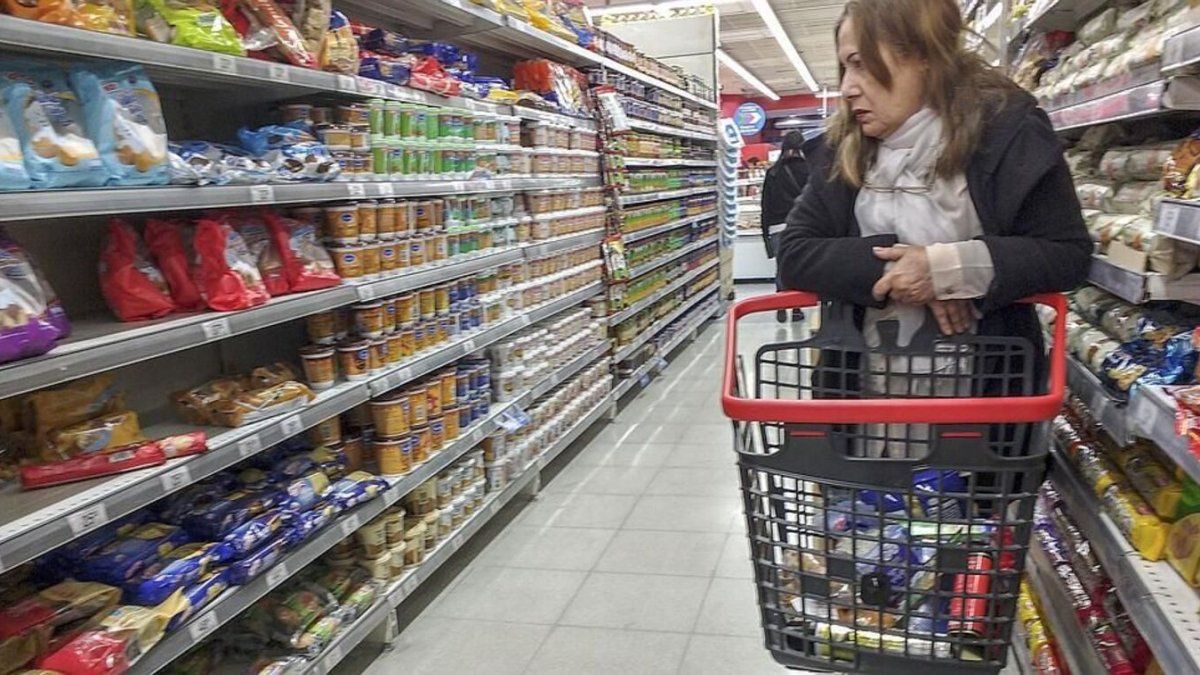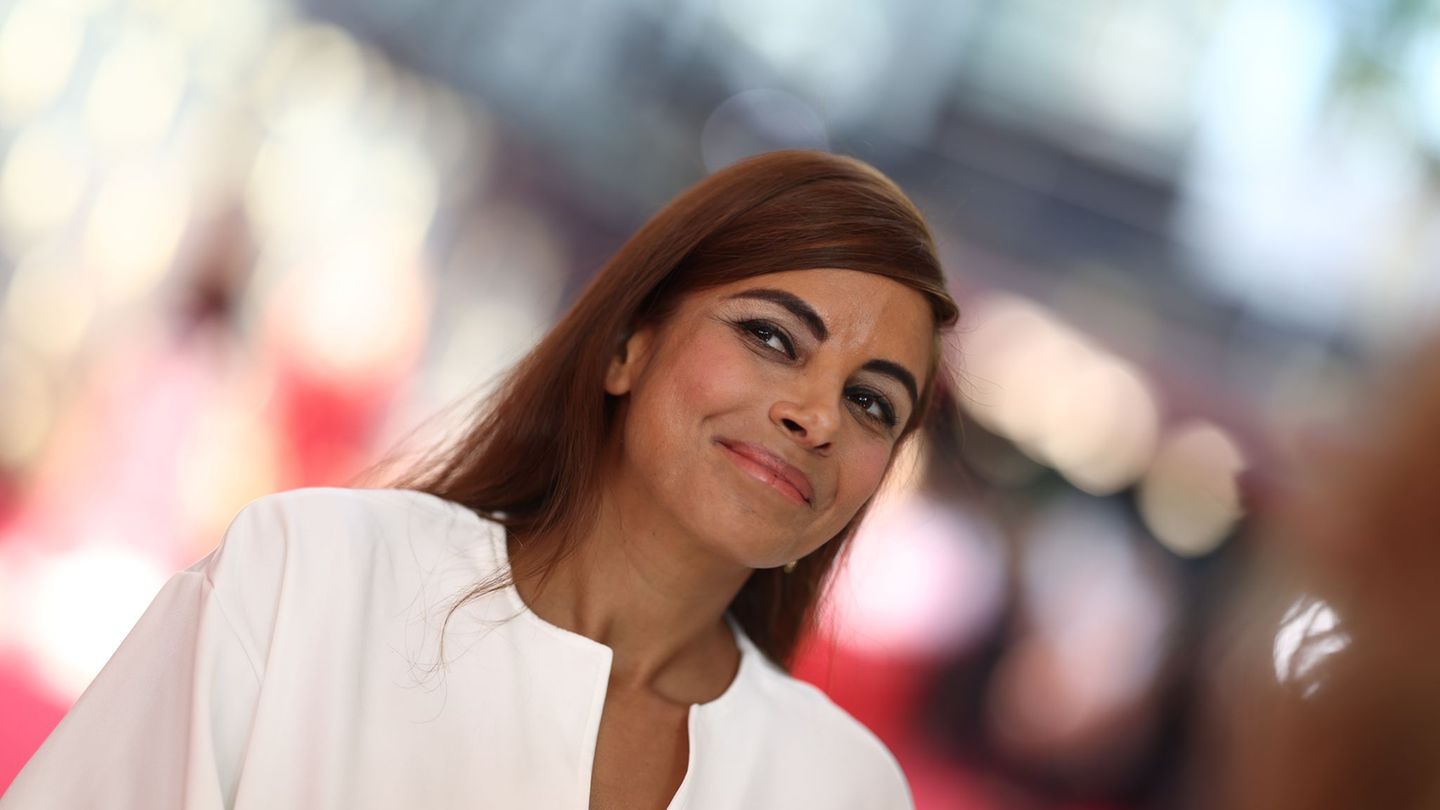Image: Volker Weihbold

Image: Wakolbinger

Image: Volker Weihbold

Image: Michalek

Image: Michalek


How does the state capital Linz tick – and especially its population? The Linz city museum Nordico is trying to find nothing less than answers to these questions. The Nordico is currently being screened with the exhibition “What the Fem?” (until May 28th) with works by more than 50 artists feminist perspectives from the 1950s. The institution is celebrating its 50th anniversary this year.

Image: Wakolbinger
Andrea Bina has been the pacemaker of Nordico since 2010. The art historian and her team not only revealed the history of inn culture (2019), but also the importance of the Urfahran market (2017). In 2022 she performed with the show on the Linz city planners Curt Kuehne (1882-1963) and Julius Schulte (1881-1928) made a significant contribution to the understanding of Baukultur. A number of Nordico exhibition catalogs are out of print due to demand and can only be obtained second-hand for up to 200 euros. Bina: “My managing director Gernot Barounig thinks it’s great that we sell so many books – I’m always sad when there aren’t any left.”

Image: Volker Weihbold
1607 when it all began
What 1973 by Nordico founding director Georg Wacha cleverly threaded and by its successor Willibald Katzinger continued, now places Bina in the center of society. Each show is based on the motley collection, with a purchase budget of 20,000 euros per year, you have no other choice – in this building, which itself stands like a monolith of the city’s history:

Image: Michalek

Image: Michalek
In 1607 the abbot of Kremsmünster bought it Alexander a Lacu (1550-1613) acquired a plot of land in Linz for his monastery and commissioned the Italian master builder Francesco Silva with the construction of a “free house”. In its original form, the building showed clear architectural parallels to the episcopal residence in Salzburg. In 1691 the Kremsmünster Abbey sold the property Count Octavian of Cavriani, who sold it to the Jesuit order in 1708 to set up a “Collegium Nordico” – a boarding school for pupils from Sweden, Denmark and Norway. The ulterior motive was to raise Protestant boys as Catholics so that they could later be sent back north as missionaries. This practice was not Christian: Since no volunteers could be found for missions, the Jesuits bought together soldiers’ children from roving armies.

Where Dametzstraße now runs, the college had a Bethlehem church built based on the Church of the Nativity of Jesus, which was demolished in 1962 along with the connecting wing to the main building. With the dissolution of the order through Joseph II In 1773 the boarding school was also closed. In 1788 it was sold to the private owner, along with the church and garden Joseph Schraml sold. Moved into one of the newly furnished apartments Elizabeth Young a, the mother Marianne Willemersthe last lover Johann Wolfgang von Goethe’s. At the time of his marriage in 1845, the poet of the national anthem was also alive Franz Stelzhamer in this building.
1851 saw the birth of Upper Austria in Nordico. Art association with founding member Adalbert Stifter (1805-1868). The “Liedtafel Frohsinn”, the Anton Bruckner (1824-1896) was a choirmaster and held rehearsals and concerts in the “Nordisches Stiftshaus”. The city acquired the building in 1911, and in 1927 the collection was purchased Pachinger laid the substantive foundation for a Linz city museum. It wasn’t until 1973 that his first director moved Georg Wacha into the Nordico building, the first exhibition was entitled “Linzer Stukkateure”.

Andrea Bina has been responsible for 33 exhibitions and two collection presentations in 13 years as Nordico boss. In 2010 it started with a show about the Linzer Tabakfabrik, and the catalog for it has long been out of print. “A museum never becomes obsolete,” says Bina, eyes sparkling, repeating the sentence like a mantra. You can look up everything digitally, “but you can only have an analogue cultural encounter with history in a museum.”
Source: Nachrichten




